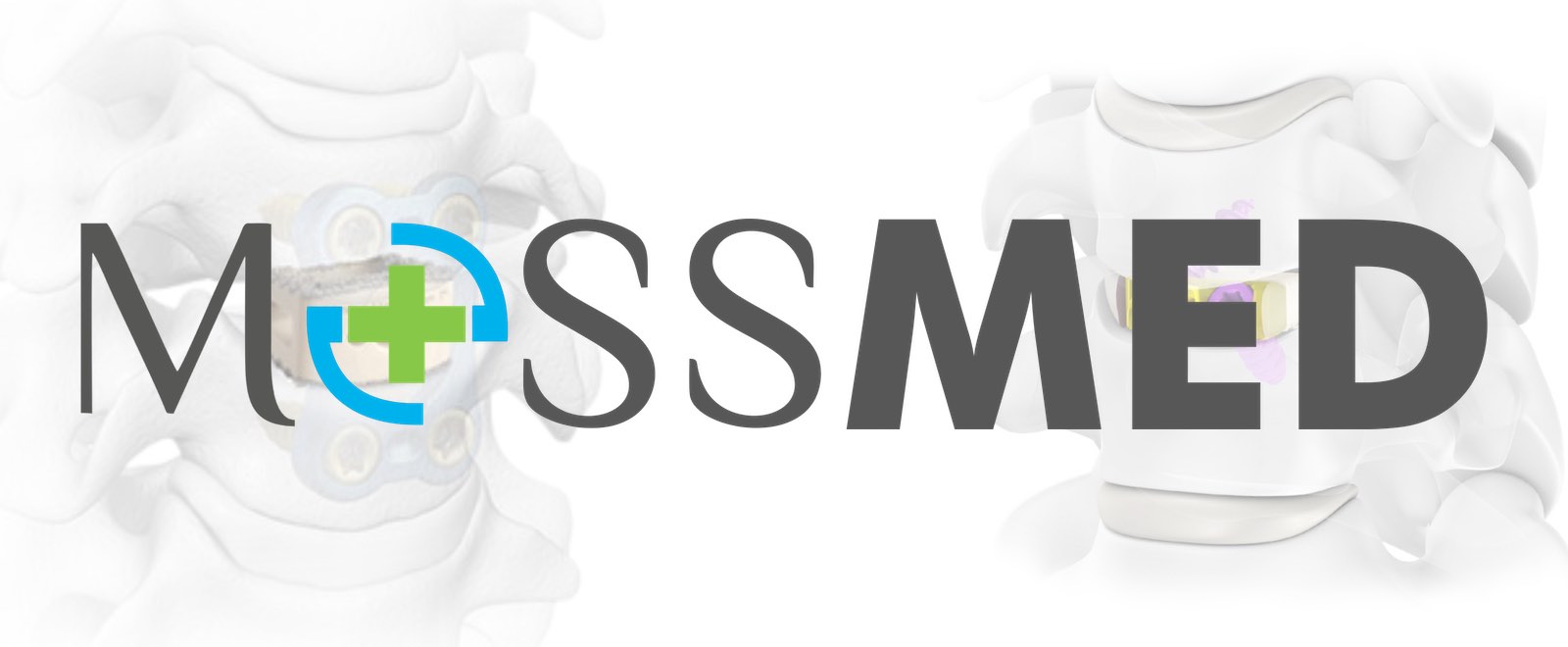Gauteng couple poised to strike gold in medical device industry
Caption:
Mossmed plans to grow its operations after receiving
R6.7m funding from National Empowerment Fund (NEF).
📷 GRAPHICS DEPT
Mossmed, founded in 2015 by husband-and-wife duo of Elias Mofokeng and Khombisile Mofokeng, is a company that many South Africans have probably never heard of.
The Gauteng-based company is a niche operator in the healthcare sector, where it specialises in medical devices for orthopedic, spinal, and neurosurgical applications.
Medical devices is an all-encompassing catchphrase that refers to simple products such as bandages, gauze, syringes, surgical gloves, masks, plasters, and wheelchairs to more sophisticated diagostic machines like CT scans, cardiographs, X-rays, MRI, and ultrasound machines.
Mossmed supplies implantable plates and screws for spinal and cranial surgeries, and cranioplasty equipment. These pain-relieving medical solutions help patients regain quality of life after undergoing major surgeries. The devices are supplied alongside essential services provided by Mossmed’s trained representatives, or Scrub Techs, who assist surgeons in ensuring proper insertion of the devices during procedures.
Now Mossmed is spreading its wings, thanks to a R6.7m funding from the National Empowerment Fund (NEF). The loan will be used by the company to employ more staff and procure essential equipment and consumables for various procedures.
The funds have also been invested in state-of-the-art equipment for lumbar, cervical, and thoracic spinal fusion surgeries. These equipment upgrades will ensure Mossmed is able to service more public and private hospitals -- the company’s core client base.
“The funding will help our company reduce reliance on third-party equipment rentals, which had led to significant revenue losses. It will also assist us to expand our operations beyond Gauteng, ensuring broader access by clients in other provinces to our life-changing medical devices,” says Elias Mofokeng.
At the moment, Mossmed doesn’t manufacture most of its products, but it assembles some of them. However, the company plans to open a factory in Johannesburg, where it will manufacture its medical devices.
Mofokeng began his career in the medical devices industry in 2008 as a sales representative for French company Fresenius Kabi, where he was selling infusion pumps used in hospital ICUs.
In 2012, he joined Johnson & Johnson as a spine implants representative, a role that enabled him to also specialise in neurosurgical implants. During this period, he also gained experience in business operations, something which would later help him spot the gap in the market.
After spending a few years at Johnson & Johnson, Mofokeng realised that there were no South African companies specialising in spinal and neurosurgical implants. This gap in the market had resulted in few big players using their market dominance to drive up costs of implants for local consumers.
“I also observed that some of the big multinational companies were exiting the African market due to challenges such as medical aid limitations and delayed payments from state hospitals. This prompted me to conduct extensive research on manufacturers to find more affordable solutions,” explains Mofokeng.
He approached a manufacturer in China that had previously produced implants for multinational companies that were withdrawing from South Africa.
“After negotiating with the Chinese company, it agreed to partner with us, offering a competitive manufacturing deal that allowed us to enter the market with high-quality products at lower prices,” reveals Mofokeng.
The NEF believes the financial injection it has made in Mossmed will remove the shackles that were holding back the company’s growth, enabling it to negotiate better terms with suppliers.
“Our funding to Mossmed aligns with the NEF’s mission to empower black-owned businesses, foster job creation, and drive inclusive economic growth,” says NEF CEO Mziwabantu Dayimani.
In its 2024 annual report, the NEF points out that barriers to entry for black-owned businesses are higher in key industries such as retail, telecommunication, private healthcare, banking, pharmaceuticals, where few large firms dominate value chains.
The lender also notes that some black-owned and managed enterprises have collapsed over the last three years due to lack of market access, inadequate patient capital, and suffocating regulations. Last year, the NEF approved 98 deals worth R856m and disbursed R837.7m to black-owned businesses.
NEF financing across healthcare value chain
Mossmed is not the only company in the medical device sector that has received funding from NEF. Mamello Clinical Solutions, a supplier of diagnostic imaging, medical equipment and consumables, was granted R15m by the lender.
The NEF has also financed different types of businesses across the healthcare value chain, from hospitals, clinics to optometrists, and doctors' consulting rooms. The investments include R12.17m investment in Thohoyandou-based radiology business RISA; R7.7m in Ando Pharma, a Cape Town-based importer and supplier of critical drugs; and R248.5m in hospital group Busamed.
The likes of Mossmed and Mamello are operating in one of the largest medical device markets in Africa and Middle East. According to the Department of Trade, Industry and Competition’s (DTIC) Medical Technology Master Plan, the South African market was projected to grow from R21 billion in 2021 to R29.6 billion by 2025.
Within this market, the government is a major buyer of healthcare equipment and supplies, with the public healthcare sector comprising 7 901 facilities and 85 362 registered beds. On the other hand, the private sector has 524 facilities and 40 514 beds. About 90% of devices used domestically are imported, but the government is aiming to boost local production.
Prospects for the global market are also bright, with projections pointing to a boom up to 2029. According to a report by BCC Research, the global market is expected to grow from $810.4 billion in 2024 to $1.3 trillion by the end of 2029, registering a compound annual growth rate (CAGR) of 9.8% between 2024 and 2029.
The South African medical device market is supplied by an industry consisting of local and foreign players. A report by the South African Medical Research Council (SAMRC), published in January 2022 titled: “The Medical Device Landscape in South Africa”, reveals that domestic manufacturing is focused on the production of low-tech and low-value devices like surgical goods and disposable needles.
“There are, however, several examples of locally developed hi-tech devices, including the design and manufacture of advanced breast imaging technology and low radiation full body Xray machines that are used internationally,” the report adds.
The report also provides details about the structure of the local market. It notes that there are between 350 and 600 suppliers, some of which are listed on the JSE and others opportunistic agency traders. More than 80% of the industry was made up of privately-owned small and medium-sized enterprises, which often combined distribution activities with manufacturing.


